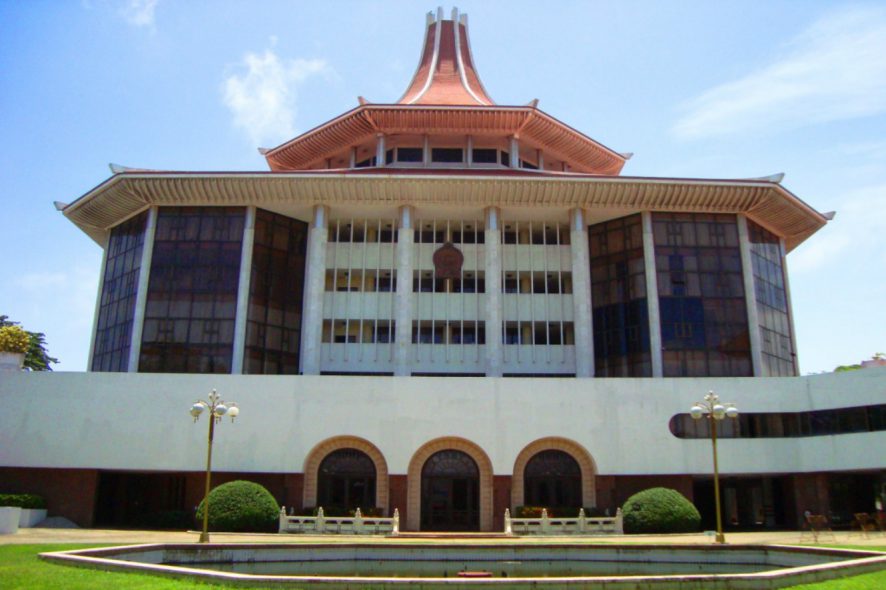Supreme Court of the Democratic Socialist Republic of Sri Lanka: The Sri Lankan Apex Court recently granted relief and compensation to a British nurse who was arrested and deported as soon a she arrived at Colombo Airport by police authorities on the allegation that the Buddha tattoo on her harm was hurtful to the religious sentiments of the people of the country. The petitioner in her application to claim relief mentioned that she is herself a staunch believer of Buddha and attends meditations retreats in countries like Nepal, Thailand, Cambodia and India.
She stated in her affidavit that her tattoo was a mark of respect for the religion and not to hurt anyone’s feelings. She pleaded that she had been arrested arbitrarily, detained and complained of degrading treatment, culminating in her arbitrary, irrational, capricious and ultra vires deportation. Accordingly, she was granted leave to plead on alleged violations of Articles 11, 12(1) and 13(1) of the Constitution of Sri Lanka.
She deposed before the Court that after she was taken to the police station, she was only informed that she would be produced before the Magistrate, but she was not informed of any charges under which she was arrested. Also, she was not given any opportunity to contact the British High Commission in Sri Lanka. Not only this, but whilst she was behind the bars, her prison guard in charge made lewd and obscene comments to her of sexual nature. After hearing before the petitioner which she could not understand because it was not translated to her in her own language, she was informed by the Attorney that she would be deported. During her deportation too, she narrated many instances of harassment.
She however, contacted the British High Commission and narrated her ordeal and thereafter, it funded her ticket to UK. The Court observed that whatever happened with the petitioner is horrifying and scandalous. Gooneratne, J. clearly said that the police misled and misrepresented the facts and also that the Magistrate had no jurisdiction to pass an order of deportation. The Court held that the deportation of foreigners is governed by the Immigration & Emigration Act No. 20 of 1948 as amended and the power to order removal and or deportation from Sri Lanka of a person other than a citizen of Sri Lanka is vested in the Minister in charge of same.
Accordingly, the Court directed the State to pay the petitioner a sum of Rs. 500,000/- (Five Hundred Thousand) as compensation and costs in a sum of Rs. 200,000/- (Two Hundred Thousand) and also directed Police Sergeant and Police Inspector-in-charge (also impleaded as respondents) to pay Rs. 50,000/- each as compensation to the Petitioner. [Naomi Michelle Cokeman v. Attorney General, S.C (FR) Application 136/2014 decided on 15.11.2017]







